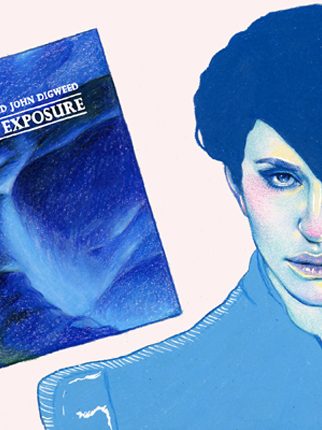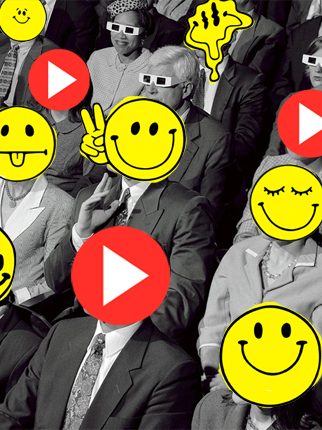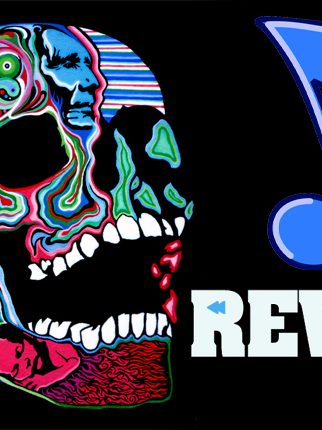Classic Album Rewind: M.I.A. ‘Piracy Funds Terrorism’

Music critics might overuse the phrase “shot heard round the world” when discussing classic records. But in the case of Piracy Funds Terrorism—the first collaboration between Diplo and M.I.A., released 10 years ago this month—there can hardly be a more appropriate phrase. An unofficial mixtape issued on just 2,000 compact discs for sale at live shows, the release would gain global acclaim thanks to the power of the internet and the new digital locker technology of pirate sites like Mega Upload. Such channels completely upended the traditional notions of not just record distribution—already disrupted by MP3s for half a decade—but also copyright and sample clearance.
Piracy seemed destined to lead this assault. The project came about when M.I.A.’s debut album, Arular, was delayed due to sample clearance issues. During the album’s recording, she had been introduced to Diplo—best known at that point for the mashup-wielding duo Hollertronix—as a potential production partner. Diplo had the idea of taking the raw vocals from Arular and laying them over a diverse array of popular party jams—from contemporary club bangers by Missy Elliott and Ciara and retro hip-hop hits by Salt-N-Pepa, to ’80s classics by Madonna, Prince, the Eurythmics and the Bangles—the exact tunes that he and Hollertronix were banging at parties around Philly and New York.
It was a bootlegger’s wet dream, one that legitimized the already thriving hip-hop mixtape industry to music critics across the board. The Village Voice gave the release an A-, while Pitchfork scored it 8.5 out of 10. The fact that either outlet even bothered to review an unofficial release was as important as the scores themselves.
The mixtape also primed the listening audience for M.I.A.’s esoteric blend of favela funk, reggaeton, hip-hop and electro, all of which would become more apparent when Arular finally got its official release in March of 2005. Where the album’s otherworldly blend of sounds might have been too much for casual listeners had it come first, the familiarity of the vocal tracks as heard on Piracy for months before made everything easier to digest.
What would happen after Piracy is already well-known. M.I.A. and Diplo would continue to collaborate (and date), culminating in the Grammy Award-winning “Paper Planes” on M.I.A.’s second album, Kala. They would subsequently part ways, personally and professionally, occasionally sniping at each other via social media. M.I.A. would bounce from controversy to controversy, while Diplo would become his own immense personal brand (selling Blackberrys) and explore his Jamaican fixation further as Major Lazer.





